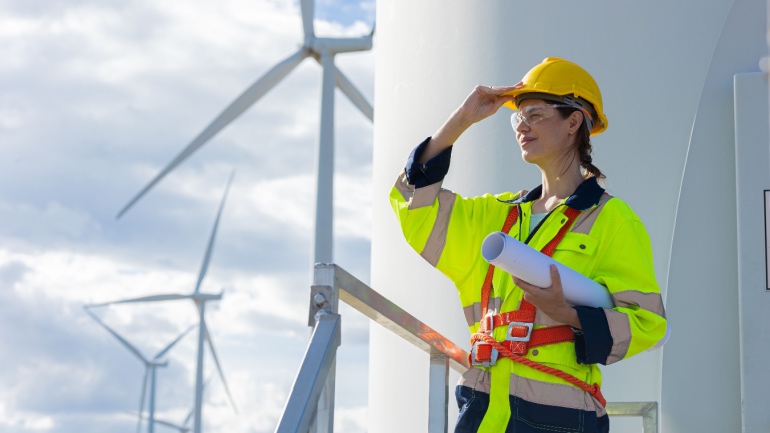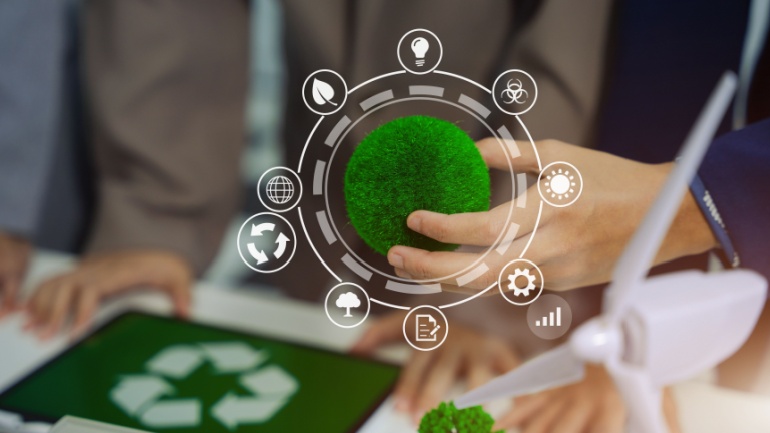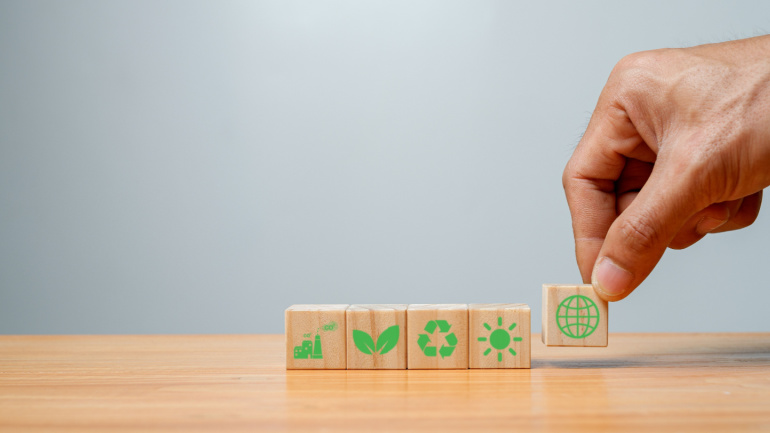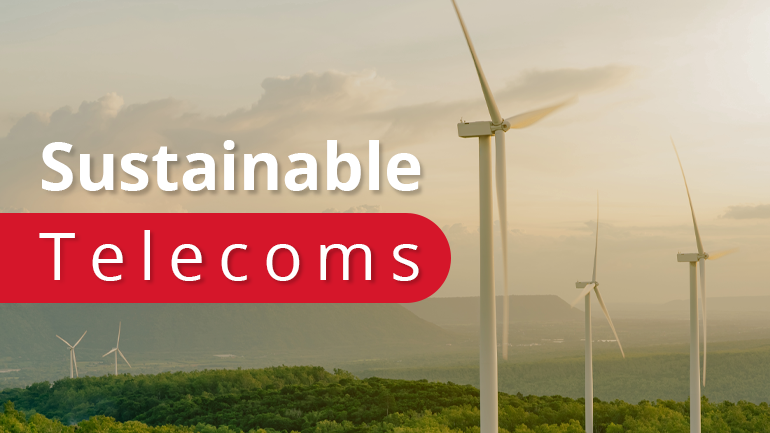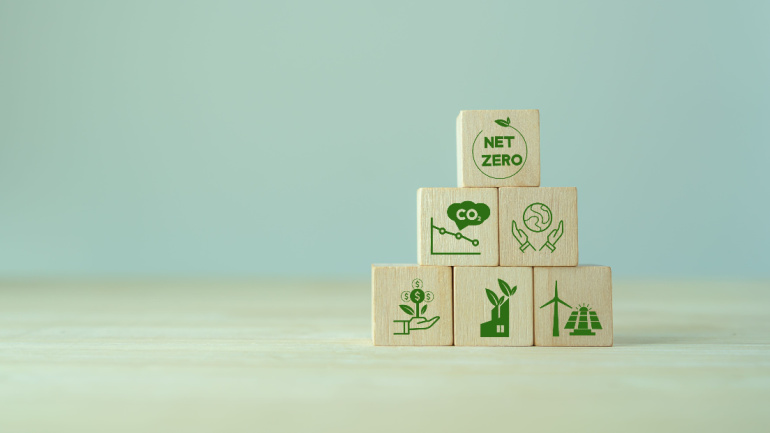The rapid expansion of data centers poses a significant environmental challenge, with projections indicating they will consume as much electricity as the EU by 2030. This growth, driven by demanding applications like AI, necessitates integrating energy-efficient technologies and adopting sustainable practices. As data centers multiply, addressing their environmental impact becomes crucial for a greener future.
Amazon has achieved its 100% renewable energy goal seven years ahead of schedule, powering all its operations with sustainable energy. Recognized by Bloomberg NEF as the largest corporate buyer of renewable energy, Amazon has invested in over 500 solar and wind projects worldwide. This commitment significantly advances global sustainability initiatives.
Three UK has achieved a significant milestone in network sustainability through its collaboration with Ericsson, employing advanced AI-powered hardware and software. Over the past 18 months, the partnership has focused on modernizing Three UK’s network, significantly enhancing energy efficiency with cutting-edge technologies.
Our digital age thrives on devices, but discards them at an alarming rate. This “telecom waste” – phones, laptops, routers – raises ethical concerns beyond just pollution. This article explores the environmental and social issues linked to telecom waste, and proposes solutions for a more sustainable future.
BT joins forces with UK Business Climate Hub to empower small to medium UK businesses to slash their CO2e emissions in half by 2030. The strategic partnership aims to combat climate change, utilizing BT’s experience and UKBCH’s resources, ultimately championing for net-zero emissions by 2050. However, reaching these transformational green goals may prove challenging for many businesses, highlighting the necessity of this collaborative initiative.
At the recent MWC Barcelona 2024, industry leaders Huawei convened the Green Development Elite Club, a stage for key representatives from prominent organizations to illuminate their vision and effort for Green Target Networks. These networks aim to foster sustainable growth, using state-of-the-art computing power and AI to transform operations.
The SubOptic Foundation’s latest report shines light on the sustainable potential of subsea telecommunications cables, often underrepresented in sustainability discussions. With a detailed coverage of sustainable practices, the report explores CO2 emissions tracking, renewable energy utilization, recycling strategies and more.
In 2024, the telecom industry is witnessing a transformative shift driven by evolving customer needs, technological advancements, and environmental concerns. Key trends include the rise of self-service platforms, the migration to VoIP as PSTN becomes obsolete, standalone 5G networks taking center stage, AI integration for enhanced connectivity, and a strong commitment to sustainability. These trends are reshaping how telecom carriers operate and innovate, promising new opportunities in a rapidly changing landscape.
Switching to a cloud-based VoIP system has the potential to cut CO2 emissions from telephony equivalent to removing 22 million cars from the road. In an era prioritizing sustainability, traditional landlines contribute to significant carbon footprints and electronic waste. VoIP, utilizing the internet’s power, eliminates physical infrastructure, reduces electronic waste, and operates efficiently. Beyond resource conservation, VoIP’s energy efficiency, support for remote work, and future innovations, including AI optimization and renewable energy sources, position it as a sustainable solution. Join the movement for a cleaner world with every VoIP-powered conversation—a pledge to the planet.
Taking bold steps towards combatting climate change, Japan’s leading telecom firm, NTT DoCoMo, unveils ambitious initiatives looking to drastically cut its scope 3 emissions. These indirect emissions derive largely from the supply chain, making up approximately four-fifths of the company’s total greenhouse gas output. Taking the bull by the horns, DoCoMo is charting an eco-conscious path, pledging to fully utilize renewable energy sources and implement energy-saving measures across its network. With an eye on the future, the telecom titan plans to transform its supply chain to become environmentally friendly by 2040, all while leveraging technology to help suppliers and customers visualize their carbon footprint. As the telecommunications industry continues to battle climate change, stay tuned for further updates.




